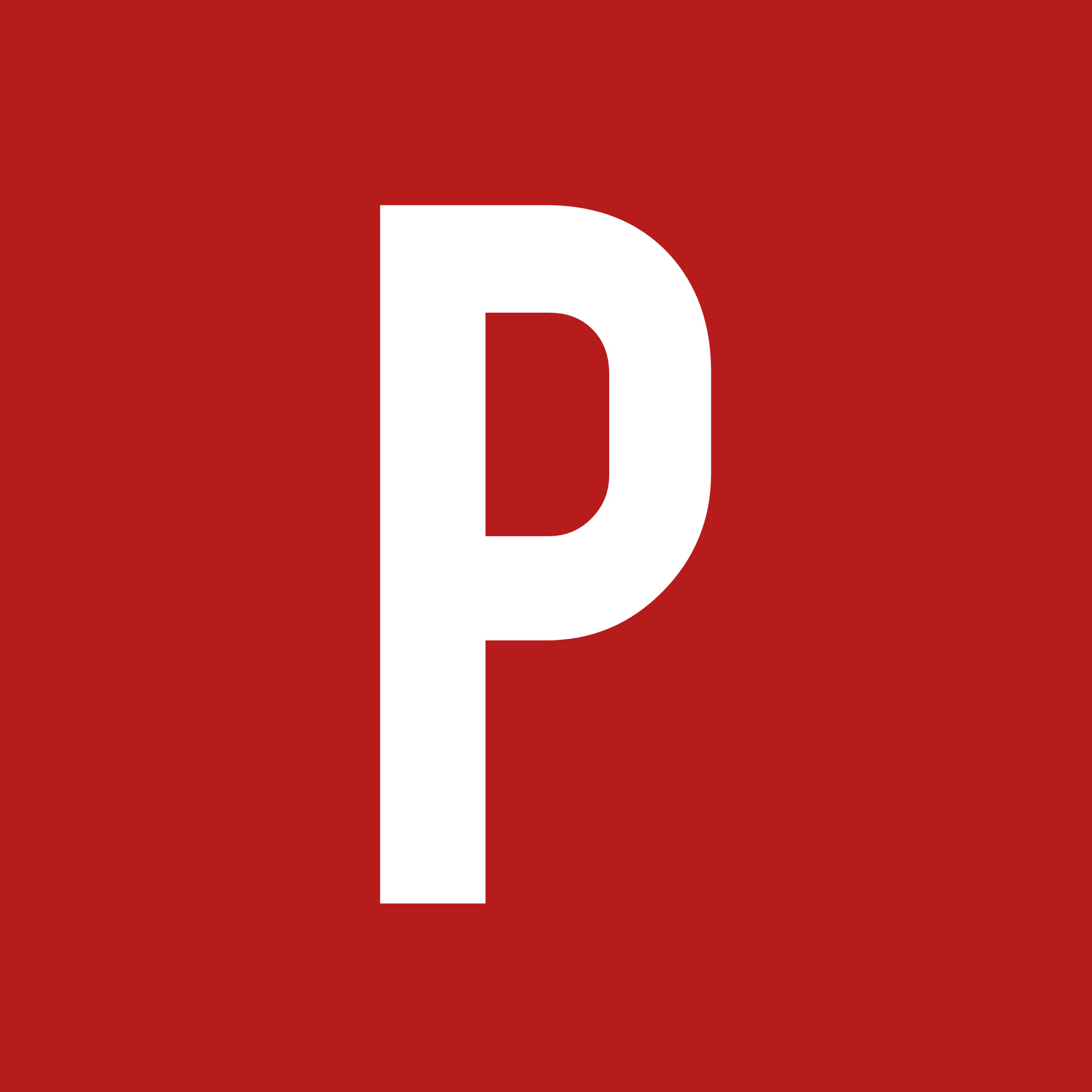Top 3 HMOs Recommended by Nigerian HR Professionals in 2025

In Nigeria, reliable access to healthcare remains one of the country’s biggest everyday challenges. While public hospitals struggle with underfunding and long queues, private medical care is often too expensive for the average worker. Health insurance is meant to close that gap but for many Nigerians, HMOs (Health Maintenance Organisations) often fall short due to bureaucracy, poor service, or delays in care.
However, over the last decade, a new wave of tech-enabled HMOs and revamped traditional ones have changed the landscape. Human Resource (HR) professionals who manage corporate health plans are now turning to HMOs that offer more than just coverage. They are looking for speed, transparency, and genuine healthcare value.
To understand what’s working and what’s broken, we spoke with four HR professionals in Nigeria; Faith Emmanuel (8 years), Felix Bissong (7 months), Charity (5 years), and Ebun (3 years as a consultant). Their insights reveal the three HMOs they trust most, and the key factors driving their choices.
What HR Professionals Look for in HMOs Today
Unlike in the past when price was the top consideration, modern HR professionals prioritise:
1. Fast and Easy Access to Healthcare
The ability for employees to quickly get medical attention without jumping through administrative hoops is essential. As Ebun put it, “Delays frustrate employees and make them question the value of the plan.”
2. Quality of Service
For many HRs, service quality outweighs cost. Felix Bissong noted, “The peace of mind that comes with reliable service is worth more than cost.” Charity added, “If employees can’t access care because of poor service, the HMO ends up being underutilised, no matter how affordable it is.”
Today, quality means access to specialists (like ENT doctors, gynecologists), wellness features, telemedicine, optometry, and even gym memberships. Employees now expect real-time support and access to relationship managers, not just helplines that go unanswered.
3. Affordability with No Surprise Out-of-Pocket Costs
An HMO plan must protect workers financially. HRs emphasize that coverage should eliminate unexpected costs especially for treatments clearly listed in the plan.
Three HMOs Nigerian HR Professionals Trust in 2025
1. Reliance HMO
Among the most frequently recommended HMOs is Reliance HMO, praised for its tech-first approach, responsive customer service, and fast hospital approvals.
Ebun shared: “I’ve used Reliance for my company and recommended it to clients. Their mobile app works. Their doctors respond quickly. The whole experience feels like it’s built for the user.”
Employees echo this sentiment. Bridget Odo, a management engineer at First Primus, described her experience: “Before arriving at the hospital, I can already chat with a doctor about my symptoms. The registration is smooth, and once I get there, I don’t waste time. Their app is very easy to use.”
2. Leadway Health
A subsidiary of the reputable Leadway Assurance group, Leadway Health has built trust with HR professionals by combining legacy credibility with modern service delivery.
Charity highlighted its efficiency: “They are prompt in service delivery, have a wide network of health facilities, and are respected by hospitals. This ensures employees receive timely treatment without stress.”
David, a corporate communications officer at a Nigerian bank, noted that the HMO’s affordable pricing and trustworthy reputation made it stand out.
3. AXA Mansard
While not a healthtech startup, AXA Mansard a division of the global AXA Group is respected for its consistency and service reliability, especially in large corporate environments.
Felix Bissong noted the quality of care and access to wellness services, while other HRs appreciated the 24/7 customer support and dedicated account managers that come with AXA’s plans.
Where the Nigerian HMO System Still Falls Short
Despite the progress made by these top HMOs, systemic failures still plague Nigeria’s healthcare insurance ecosystem. HRs shared the most frequent complaints from employees:
• Claims of expired plans despite being active
• Hospitals failing to dispense prescribed medication
• Inaccessible customer service lines
• Sudden removal of hospitals from HMO networks without prior notice
These issues stem from poor data integration, communication gaps between insurers and hospitals, and a lack of real-time updates factors that damage employee trust and company morale.
What Nigerian Employees Really Want From HMOs
Modern employees are seeking more than emergency care. HR professionals say different generations prioritize different benefits:
• Older staff value access to specialists
• Younger employees want wellness options like gym access, telemedicine, and preventive care
The most in-demand services among employees include:
• Full health checks
• Optometry and access to prescription glasses
• ENT services
• Women’s health specialists
Choosing HMOs for the Future
Selecting the right HMO is no longer about ticking boxes for affordability. It’s about delivering a healthcare experience that employees trust through technology, real-time access, and care that actually works.
In a healthcare system where delays can be dangerous, the best HMOs are those that save time, eliminate confusion, and foster confidence. As Nigeria’s workforce grows more health-conscious, HR leaders will continue to shape the next phase of employee healthcare; one smart plan at a time.



.png)
